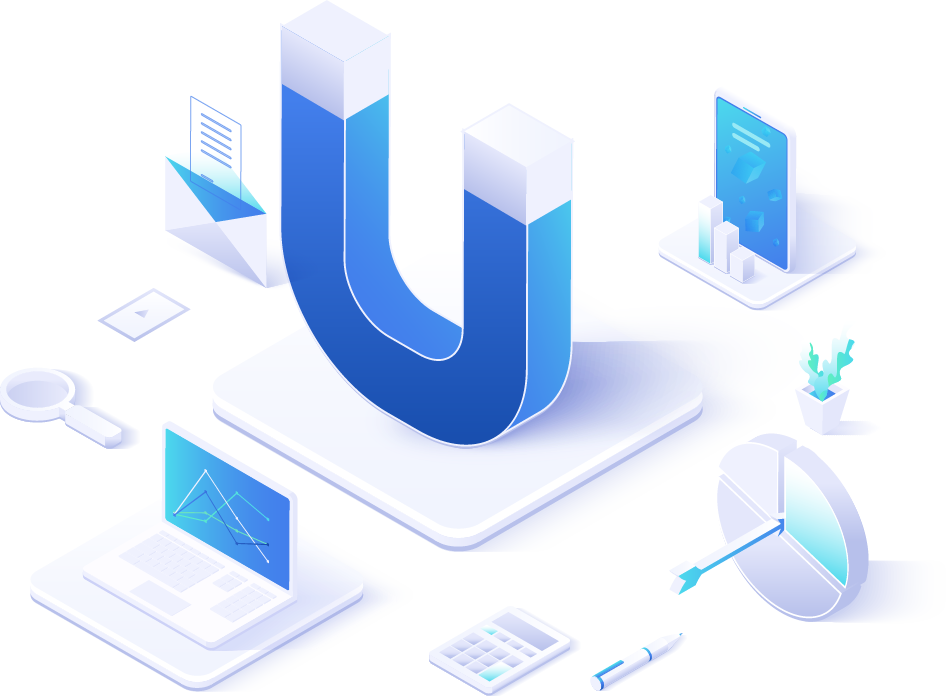- The Rise of AI Agents
From Virtual Assistants to Digital Employees
The evolution from simple virtual assistants to fully functioning AI agents is not just a technological upgrade – it’s a strategic transformation in how work gets done.

The evolution from simple virtual assistants to fully functioning AI agents is not just a technological upgrade – it’s a strategic transformation in how work gets done.

AI is no longer just powering chatbots or automating repetitive tasks – it’s now stepping into the role of digital employees capable of executing complex workflows, handling autonomous decision-making, and working across departments. These intelligent, task-oriented programs – known as AI agents – are revolutionizing how modern businesses operate.
At the forefront of this shift is AI Agent Development, a rapidly growing domain where artificial intelligence meets automation, software architecture, and real-time data integration. The evolution from simple virtual assistants to fully functioning AI agents is not just a technological upgrade – it’s a strategic transformation in how work gets done.
AI agents are autonomous systems that can perceive their environment, make decisions, and perform actions to achieve specific goals. Unlike traditional bots or rule-based scripts, AI agents possess reasoning capabilities, memory, and contextual understanding. They can interact with multiple systems, learn from outcomes, and adjust their behavior based on past interactions.
While virtual assistants like Siri or Alexa operate within limited domains, modern AI agents can be designed for a range of enterprise use cases – from automating HR processes and managing customer onboarding, to scheduling logistics operations or running QA testing suites.
These agents can handle multi-step workflows, switch between tasks, integrate with APIs, and even collaborate with human users or other AI systems to deliver outcomes faster and more efficiently.
The journey from basic automation to intelligent agents has been driven by advancements in Large Language Models (LLMs), machine learning frameworks, and low-code orchestration tools. AI agents today are not built from scratch every time; they are assembled using modular components, including:
This combination of cognition, memory, planning, and execution gives AI agents the ability to function more like digital co-workers than tools.
AI agents are gaining rapid adoption across industries because they tackle both efficiency and complexity. While traditional automation tools like RPA (Robotic Process Automation) are good at handling static workflows, they often break when processes change. AI agents, on the other hand, adapt in real-time, making them more resilient and future-ready.
Here are some examples of what AI agents are already doing in modern enterprises:
In each case, AI agents act as autonomous contributors within the digital ecosystem – not just support bots, but intelligent entities that help drive business outcomes.
Developing production-ready AI agents requires more than just plugging into ChatGPT or a prebuilt API. It involves orchestrating multiple layers of AI, integration, and logic. At CogniXSoft, we approach AI agent development as a full-cycle service – covering planning, development, deployment, and continuous improvement.
Key components of a robust AI agent include:
Every agent is created to serve a specific business function – be it ticket resolution, inventory updates, or marketing automation. We align the agent’s goals with measurable KPIs and workflows.
Agents must be able to interface with CRMs, ERPs, data warehouses, cloud services, and third-party tools using secure APIs. This ensures their actions are not isolated but part of a larger business process.
LLMs need context to deliver value. We fine-tune base models using domain-specific data and prompt structures to ensure accurate, on-brand outputs.
Our agents retain short-term and long-term memory – allowing them to personalize responses, remember customer interactions, and make contextual decisions over time.
AI agents are designed to work alongside humans. We build feedback loops and fail-safes that allow employees to intervene, guide, or retrain agents as needed.
We optimize deployments for cloud scalability, using hybrid model setups (e.g., smaller local models with occasional fallback to cloud APIs) to keep response time low and costs predictable.
AI agents represent a significant shift in how tasks are delegated, managed, and executed. They bring together the strengths of AI (speed, accuracy, 24/7 availability) with the flexibility of human decision-making.
In contrast to traditional automation, which follows rigid scripts, AI agents adapt, evolve, and learn, making them better suited for dynamic and complex environments. As enterprise operations become increasingly digital and multi-system in nature, AI agents offer a powerful way to manage interdependencies, reduce delays, and boost efficiency.
Moreover, AI agents can scale without hiring additional headcount – making them a cost-effective growth lever for startups and large enterprises alike.
The rise of AI agents is more than just a tech trend – it’s a strategic redefinition of how businesses structure teams, automate operations, and deliver value. From virtual assistants to full-fledged digital employees, AI agents are enabling organizations to reimagine productivity and innovation at scale.
At CogniXSoft, we specialize in building enterprise-grade AI agents that are aligned with your business objectives, integrated with your systems, and engineered for scale. Whether you’re looking to automate internal workflows, improve customer journeys, or accelerate decision-making, our AI agent development services can help you make that leap – intelligently.
Subscribe to the CogniXsoft newsletters – Join our community to receive the latest insights, industry trends, and exclusive updates on our services.
